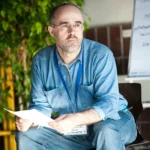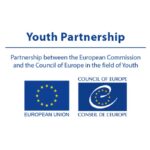European citizenship – In the process of construction – Challenges for citizenship, citizenship education and democratic practice in Europe
Year of production: 2009
Image is illustrative. Gerd Altmann
European citizenship is still a contested concept, bringing together two notions and therefore two different debates: one around Europe and European identity, and the other related to citizenship and non-citizenship. Europe, in an ongoing process of construction, should be shaped and defined by its citizens. Young people in particular have a special interest in and concern about what kind of Europe they want to live in. It is therefore important to reflect on how could European citizenship and debates around European identity help and empower young people to actively contribute to building Europe.
The essays collected here address this issue. They present the debates and findings of the research seminar entitled “Young People and Active European Citizenship”, organised by the partnership between the Council of Europe and the European Commission in the field of youth. European citizenship remains one of the main priorities of this partnership.






